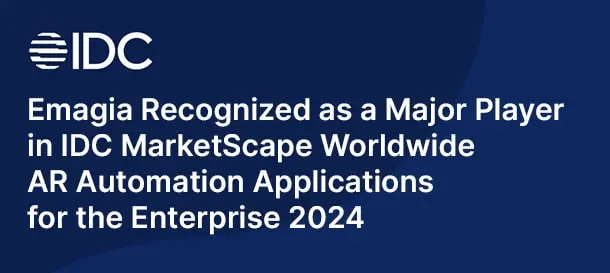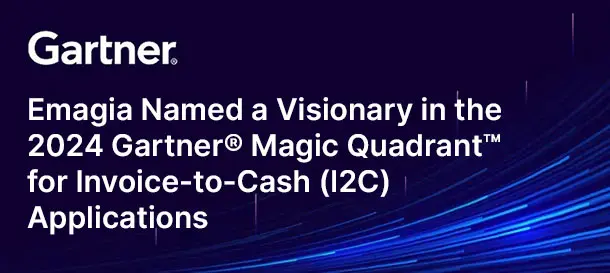If you run a business, you have probably asked yourself this question more than once: why are my customers delaying payments, and how can I collect faster? Late payments are a frustrating reality for many entrepreneurs. They affect cash flow, slow down operations, and may even jeopardize your ability to pay employees and vendors on time.
But here’s the good news: with the right mix of systems, communication, and customer-oriented strategies, you can reduce late payments and speed up collections without damaging relationships.
Why Do Customers Pay Late?
Not every late payment is intentional. Some clients are genuinely struggling with cash flow, while others might delay because of poor invoice clarity or a lack of proper follow-up from your side. Here are the most common reasons:
- Cash flow shortages at the customer’s end
- Invoices that lack clarity or contain errors
- Payment terms that are either unclear or too flexible
- Absence of timely reminders and follow-up
- Clients taking advantage of lenient credit policies
Understanding the root cause is the first step toward solving the problem. Once you know why payments are delayed, you can tailor strategies accordingly.
12 Successful Strategies for Speeding Up Debt Collections
Implementing strong collection strategies can significantly improve your payment cycle. Below are twelve proven methods to speed up collections:
- Send invoices immediately after delivery or project completion
- Automate reminders before and after due dates
- Offer small discounts for early payment
- Set clear, short, but fair terms (e.g., Net 15 instead of Net 60)
- Provide multiple digital payment methods
- Offer upfront payment options
- Add small late fees to discourage habitual delays
- Build personal connections and keep communication open
- Regularly review high-risk clients and prioritize follow-ups
- Use credit checks for new customers
- Adopt collections software to automate repetitive tasks
- Train your accounts team in negotiation techniques
Reducing Late Payments from Customers
Reducing overdue balances is less about chasing clients and more about setting up clear, professional practices. Make invoices easy to understand, provide multiple payment options, and never hesitate to send out reminder emails. Customers often pay faster when boundaries are firm yet friendly.
13 Practical Strategies to Speed Up Collections
Here are thirteen more ways to help you collect faster without sounding pushy:
- Maintain consistent follow-up schedules
- Segment your invoices by priority and value
- Establish an internal aging report system
- Send thank-you notes to early payers
- Provide payment plans for large invoices
- Negotiate realistic terms with long-term clients
- Use client portals for transparency
- Send estimates and contracts upfront
- Link project milestones to installment payments
- Encourage auto-debit for recurring invoices
- Engage leadership in the follow-up for high-value invoices
- Educate customers on the importance of prompt payment
- Regularly review policies and adapt as your business grows
Late Payment: How to Collect Overdue Invoices
Collecting overdue payments requires a systematic approach. Start with friendly reminders, then escalate to firmer messages or calls. If delays persist, consider charging late fees or involving external collection agencies. Your tone matters—be professional and respectful, but clear about expectations.
11 Tips to Improve Your Accounts Receivable Collections
- Use accounting software for real-time tracking
- Establish a strong accounts receivable policy
- Request advance payments for large contracts
- Keep payment instructions crystal clear
- Monitor overdue accounts weekly
- Set collection benchmarks for your finance team
- Document every communication
- Escalate consistently, not randomly
- Build long-term trust with consistent processes
- Offer loyalty rewards for repeat timely payers
- Educate staff to be proactive rather than reactive
How to Address Clients Who Consistently Pay Late
Some clients will always drag their feet. For them, set firm rules—shorter credit terms, upfront deposits, or even “payment-before-delivery” requirements. If they continue to cause issues, consider whether they are worth keeping as clients.
How Emagia Helps Businesses Collect Faster
Emagia is a smart accounts receivable automation platform designed to help businesses speed up collections with AI-driven workflows. By automating invoice delivery, reminders, and escalations, Emagia reduces manual chasing and improves efficiency. Its predictive analytics allow you to identify high-risk clients early, enabling smarter collection strategies and improving cash flow consistency.
Frequently Asked Questions
What are the common reasons customers pay late?
Customers often delay due to cash flow shortages, unclear invoices, or because businesses don’t follow up consistently.
How do I politely request payment?
Use friendly reminders, attach the invoice, express understanding, and reinforce the due date professionally.
How can I discourage repeat late payments?
Introduce late fees, move to upfront payments, or reduce credit terms for repeat offenders.
Should I offer discounts for early payments?
Yes. Discounts such as 2% off for payments within 10 days motivate customers to pay ahead of time.
When should I involve a debt collection agency?
When payments are overdue beyond 90 days and repeated reminders haven’t worked, it might be time for professional help.



